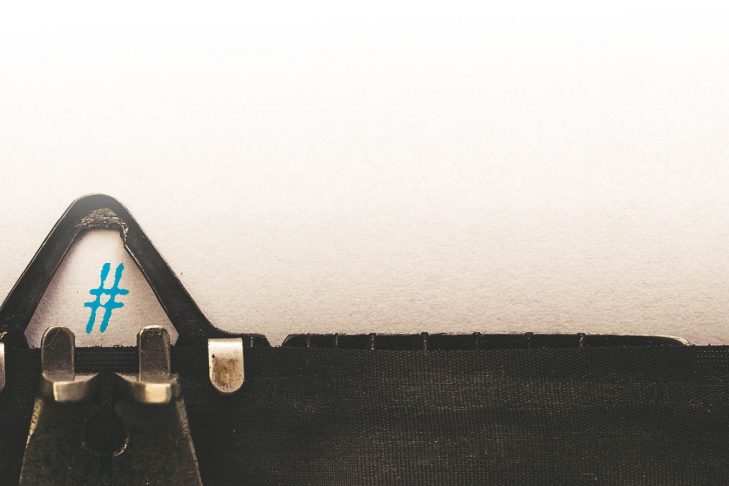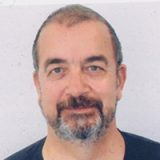At Passover, we tell of, debate, question and literally eat freedom. Freedom from slavery. Freedom from “mitzrayim,” the narrow place.
At JArts, the confluence of National Poetry Month and Passover was a natural opportunity for us to explore freedom using art. We asked a jury of five renowned local poets to nominate and then select a poem about freedom by a Jewish poet. They chose “Poem Without an End” by Yehuda Amichai, hailed as Israel’s greatest poet.
As an arts organization, JArts (the Jewish Arts Collaborative) is passionate about bringing great Jewish art to people—as many people as we can. Last year at this time, we presented “Pathways to Freedom,” a grand, 6,000-square-foot public art installation created by artist Julia Vogel, around the Soldiers and Sailors Monument on Boston Common. More than 1,800 people across Greater Boston shared their answers to four questions and made a pathway pin. The designs of these pins were then used to create the final art installation. More than 25,000 people visited the installation. Our aim: to prompt a community conversation on freedom, immigration and exile—the key themes of Passover.
This year, we’re using Amichai’s poem to prompt that conversation. Instead of the Boston Common, we’ve put Amichai’s poem on posters on the MBTA’s Green and Red Lines. Look for the poem, take a photo or a selfie with it and share it on social media. Facebook it. Tweet it. Instagram it. To help create the online conversation, we’ve posted information, posed questions and created a toolkit available online. Share the poem and these questions at a seder. Or just among friends. Or share your own freedom-themed poem or artwork by sending it to us at poetry@jartboston.org. We’ll publish select pieces on our social media and website on #FreedomFridays (each Friday during April).
As we begin this month-long discussion, we urge you to think about freedom and what it means to you. Here’s a thought from one of the esteemed poets on our jury, Lloyd Schwartz: “Janis Joplin sang with heartbreaking power, ‘Freedom’s just another word for nothing left to lose.’ Does freedom, in life and in art, need some kind of restriction in order to indicate the difference between true freedom and captivity? In other words, does freedom need to be free from something in order to be truly free?”
Let us know your thoughts, and let the conversation begin.
“Poem Without an End” by Yehuda Amichai, translated by Chana Bloch
Inside the brand-new museum
there’s an old synagogue.
Inside the synagogue
is me.
Inside me
my heart.
Inside my heart
a museum.
Inside the museum
a synagogue,
inside it
me,
inside me
my heart,
inside my heart
a museum
This post has been contributed by a third party. The opinions, facts and any media content are presented solely by the author, and JewishBoston assumes no responsibility for them. Want to add your voice to the conversation? Publish your own post here. MORE



